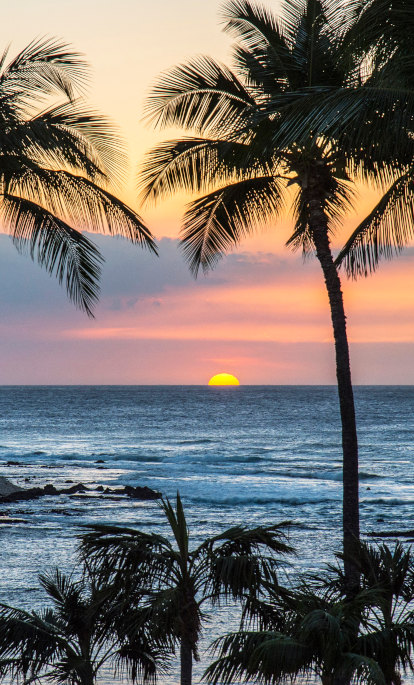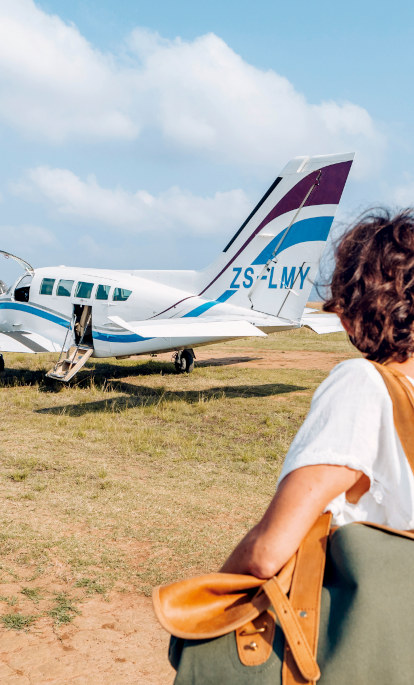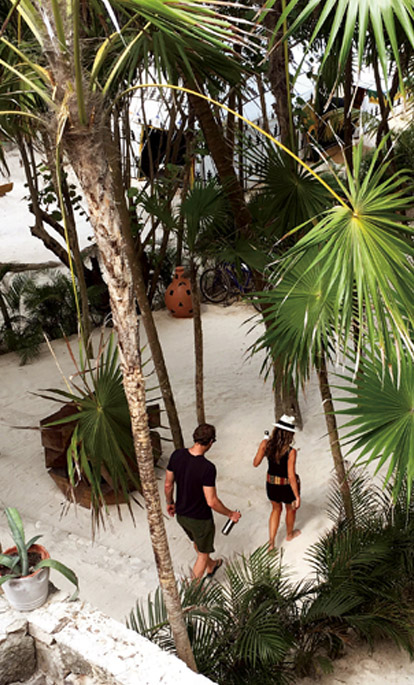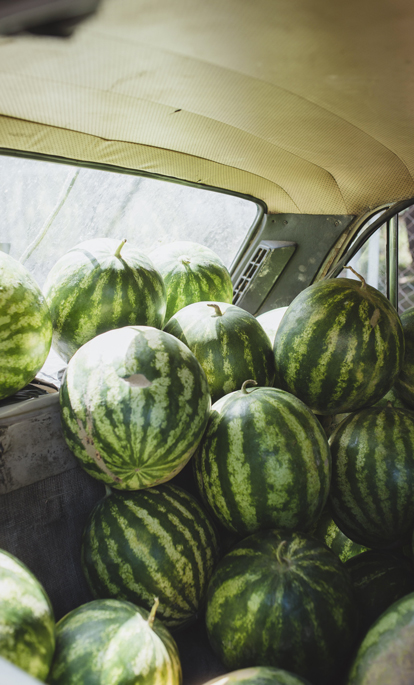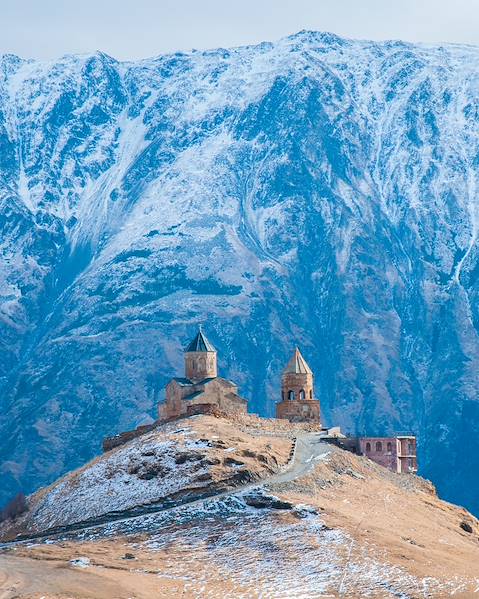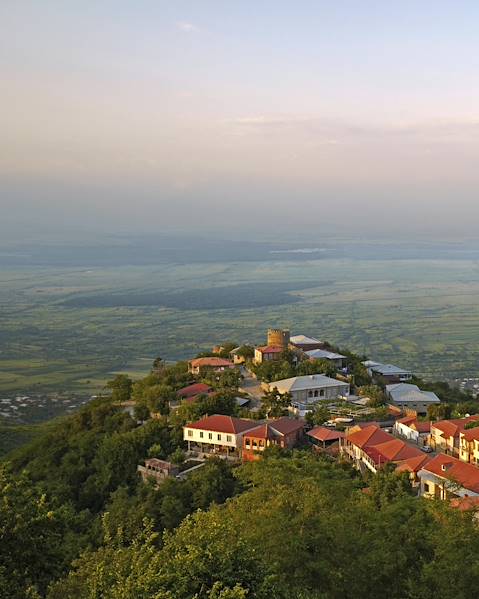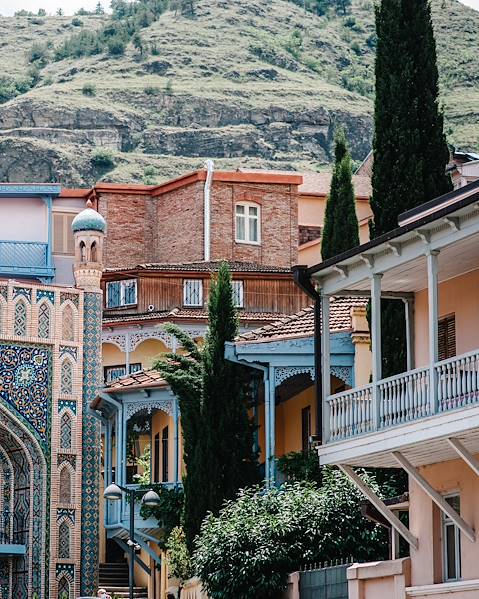Population
3,969,470 inhabitants (2023)
Languages Spoken
Georgia’s official language is Georgian, spoken as a first language by over 86% of the population. It is a Kartvelian language with many dialects and its own alphabet and writing system. The Georgian language is also spoken in some parts of Azerbaijan and north-eastern Turkey. There are 14 languages spoken in Georgia in total, the others being Abkhaz, Assyrian Neo-Aramaic, Northern Azerbaijani, Bats, Bothan Neo-Aramaic, Judeo-Georgian, Northern Kurdish, Laz, Mingrelian, Osetin, Russian, Svan and Urum. English has been made a mandatory subject in school and the country aims to make it an official language in the future.
People
Georgians are the predominant ethnic group in Georgia, making up over 86% of the population. Other groups include Azerbaijanis (6.3%), Armenians (4.5%) and Russians (0.7%), with Ossetians, Yazidis, Ukrainians, Greeks and Assyrians in smaller numbers.
Religion
According to the 2014 census, over 83% of the Georgian population identify as Eastern Orthodox Christian, 10.7% are Muslim, 2.9% Armenian Apostolic and 0.5% Catholic. The remainder are Jehovah’s Witnesses, Yazidis, Jews, Protestants and nonbelievers.
National Holiday
Georgia celebrates its day of National Unity of April 9th. The day commemorates the Tbilisi Tragedy, which occurred when Red Army soldiers began to disperse thousands of protestors gathered in front of the Government House on Rustaveli Avenue in 1989.
Holiday Calendar
Jan 1-2: New Year
Jan 7: Orthodox Christmas
Jan 19: Orthodox Epiphany
Mar 3: Mother’s Day
Mar 8: International Women’s Day
Apr 9: National Unity Day
Apr 16: Orthodox Easter
May 9: Victory Day
May 12: Saint Andrew the First-Called Day
May 26: Independence Day
Aug 28: Saint Mary’s Day
Oct 14: Day of Svetitskhoveli
Nov 23: Saint George’s Day
History
Georgia’s history runs deep and its cultural heritage is equally rich and ancient. The nation was first unified as a kingdom under the Bagrationi dynasty by the King Bagrat III of Geogia in the early 11th century. Formed from a number of predecessor states of the ancient kingdoms of Colchis and Iberia, the kingdom flourished between the 10th and 12th centuries, before falling to the Mongol invasion by 1243. By 1490, Georgia was divided into a number of petty kingdoms and principalities, which struggled to maintain their autonomy against Ottoman and Iranian during the Early Modern period. After a long period of Turkish and Persian domination, Georgia was annexed by the Russian Empire in the 19th century. An independent Georgian state briefly existed from 1918 to 1921 as the Democratic Republic of Georgia, before being incorporated into the Soviet Union. In 1936, the country became a constituent (union) republic until the collapse of the Soviet Union. Georgia’s economy was modernised and diversified during the Soviet period, and as one of the world’s most independence-minded republics, it declared sovereignty on November 19th 1989, and independence on 9th April 1991.
The current republic of Georgia has been independent since 1991, however the 1990s were a period of instability and civil unrest (as the first post-independence government was overthrown and separatists movements emerged in South Ossetia and Abkhazia). The first president Zviad Gamsakhurdia fuelled Georgian nationalism and vowed to assert Tbilisi's authority over Abkhazia and South Ossetia, however the country became involved in a bitter three year civil war as a result. South Ossetia and Abkhazia achieved de facto independence from Georgia with support from Russia. The continued conflict with the two regions led to the 2008 Russo–Georgian War. Tensions with Russia remain unresolved and the two countries have had no formal diplomatic relations since.
Politics
Georgia is a parliamentary representative democratic republic with a multi-party system. The President of Georgia is the ceremonial head of state, while the Prime Minister is the head of government. The Prime Minister and the Government have executive power.
Etiquette
Georgians are very welcoming and warm people. There is a strong tradition of hospitality within Georgian culture, with an emphasis on respect towards guests. When visiting churches, ensure you wear appropriate clothing and dress more conservatively. Women, for example must cover their shoulders and headwear should be removed by everyone. Tipping is not mandatory in Georgia, but it is appreciated. A tip of 10-15% is standard if happy with your service.
Shopping
In Tbilisi, Georgia’s capital, you’ll find an abundance of independent shops, filled with handcrafted art, homeware, ceramics and fashion. There are entire shopping streets in the country, filled with shopping centres, shops and boutiques. For fresh food, fruit and vegetables, you’ll find bazaars located throughout the country, while flea markets are a great place to search for antiques and unique souvenirs. The largest flea market is located in Tbilisi near the Dry Bridge.
Food & Drink
Georgian cuisine is comfort food at its best, with dishes based around cured meats, flatbread, walnuts and aubergine. Some commonplace dishes include khachapuri (flatbread layered with cheese and egg), lobio (bean and walnut salad), pkhali (vegetable pâtés served with bread) and mtsvadi (meat kababs). For those with a sweet tooth, the country is a big fan of dried fruit and caramelised nuts, known as gozinaki (caramelised nuts fried in honey) and churchkhela (walnuts on a string, coated in grape juice). When it comes to drink, it’s all about amber wine. Yet, given that the country grows over 500 different types of grapes and is the oldest wine producing region in the world, you’ll be hard pressed to find a region that doesn’t offer you a glass the moment you set foot in it.


